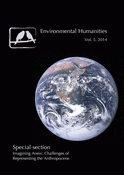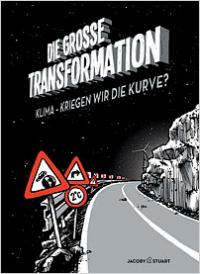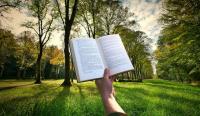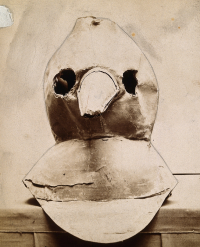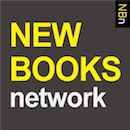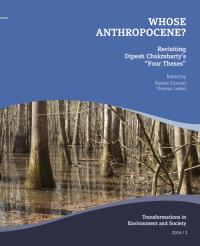"Science Fiction and the Risks of the Anthropocene: Anticipated Transformations in Dale Pendell's The Great Bay'"
In the special section “Imagining Anew: Challenges of Representing the Anthropocene,” Alexa Weik von Mossner analyzes Dale Pendell’s speculative novel The Great Bay.


